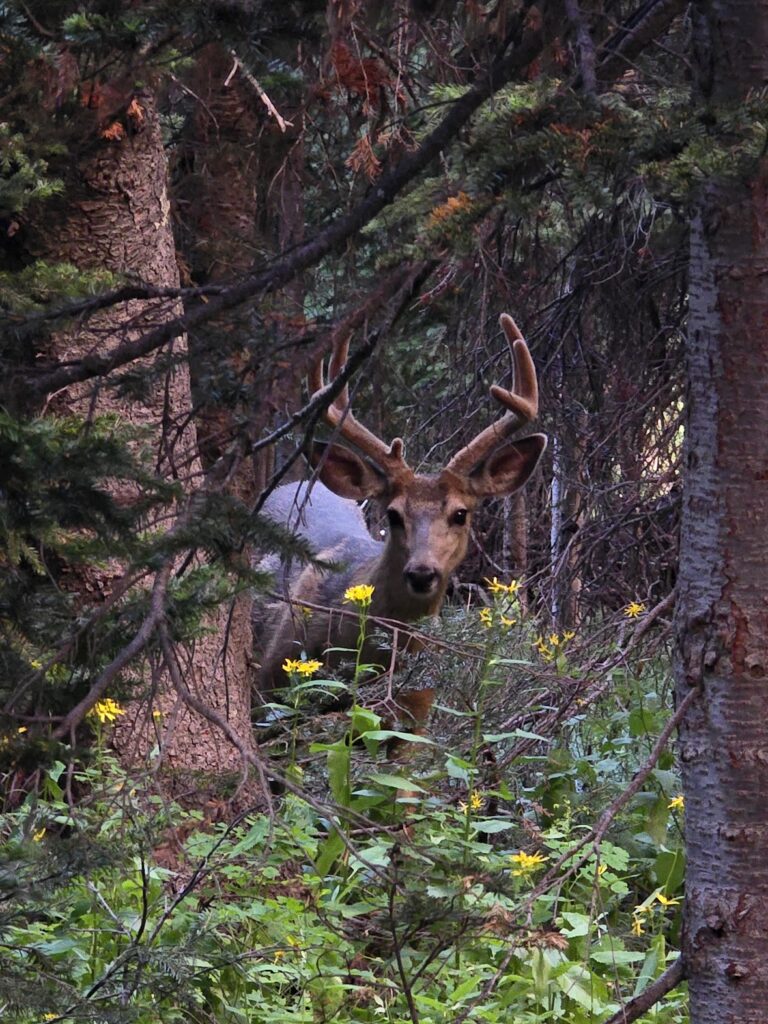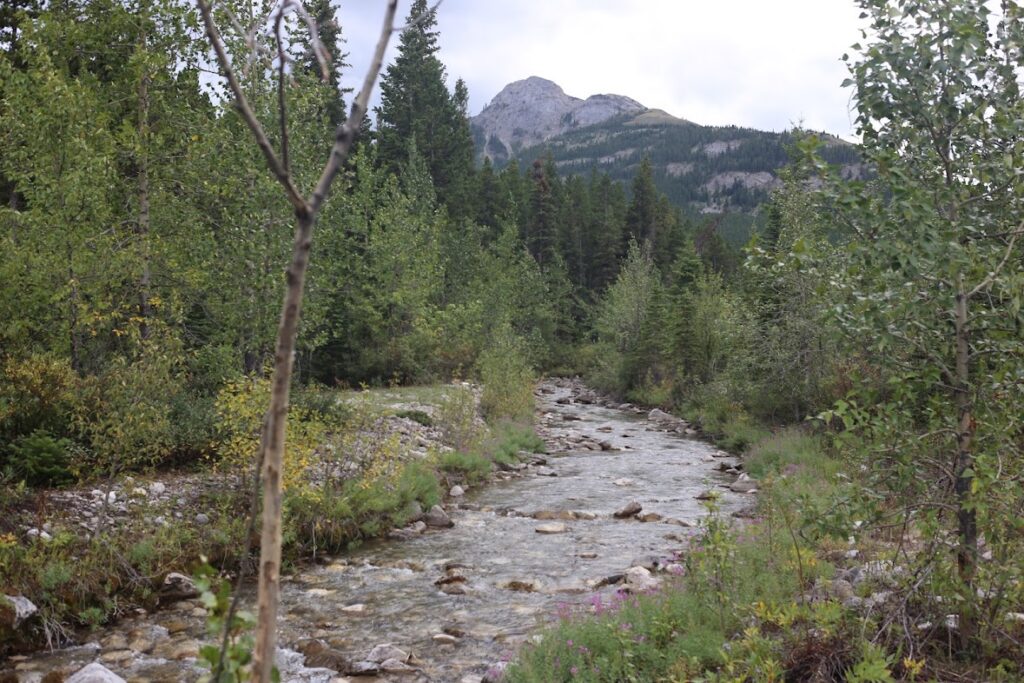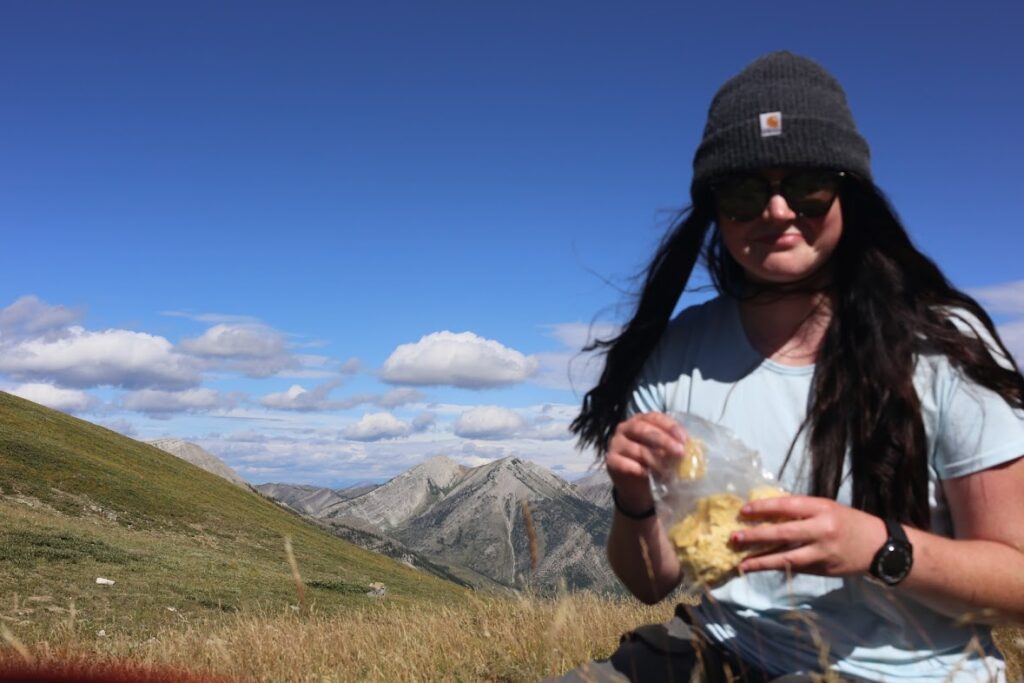Hi everyone! My name is Megan and I am a senior at University of Wisconsin-Madison studying Economics and Environmental Studies. For the last couple of weeks I have been engaging in WRFI’s Environmental Ethics course based in western Montana. Being in such a unique environment and learning about such a wide array of topics has been truly rewarding on so many levels. As I am writing this blog post, I have actually been backpacking in the Bob Marshall Wilderness for the last 5 days. Already in our trip, we have come face to face with a multitude of wildlife including coyotes and deer (and spiders which I can’t say I was ecstatic about) right in our campsite. Alongside these interactions, we have been simultaneously learning a multitude of approaches in environmental ethics, but I want to focus specifically on the different definitions of wilderness and what categorizes an area as “wild.”

One philosopher, Val Plumwood, has stuck with me through the entirety of this course, causing me to reflect on her views of the natural world through an ecofeminist lens. In her piece, “Nature, Self, and Gender: Environmental Philosophy and the Critique of Rationalism,” Plumwood states that often humans view themselves as apart from or “outside of” nature, usually as the masters or controllers of the natural world (Plumwood, p. 10). Before this experience, I will admit that I did often feel that way. I had never taken any sort of philosophy course before this, much less one focused on environmental ethics. Therefore, I recognize how easy it can be to disconnect oneself from nature and be oblivious to these topics. But as I write this from the Bob Marshall wilderness, completely disconnected from technology and having not seen another person outside of my group in a week, I recognize myself as simply a part of nature. The birds, deer, coyotes, bears, and every other present beings have made their homes in these woods, and for now I am simply visiting them. While my home remains outside of the Bob, that does not mean that I do not share a home with them. Climate change affects all of us- humans and all other living creatures alike. The disconnection between what is “civilized” and what is “wild” can be damaging and lead us to think of ourselves as above other beings as the world’s climate and its vast ecosystems are constantly changing. It has been a privilege to learn about such ethical debates in the heart of the natural world, and I am excited to take my knowledge and experiences with me to work to make our beautiful Earth a safe and loving home for all.

